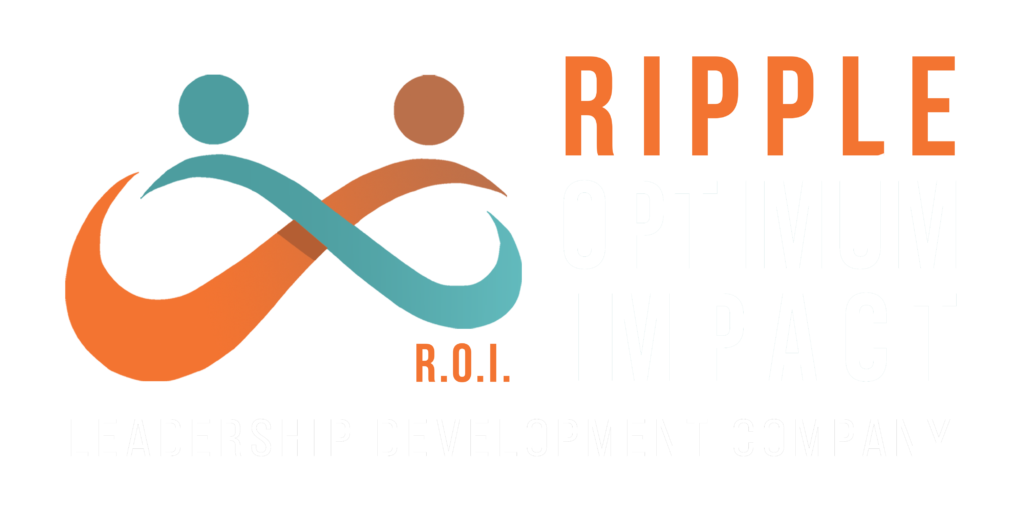
Blog


Whether leaders are managers or managers are leaders continues to curl in the 21st century. Where do you stand in a period of increased competition and the tuning of labor brought by globalization? Well, it is essential to define these two words – managers and leaders. Though frequently used interchangeably, management and leadership have distinct meanings.
When you think of the words manager and leader, what kind of person comes to mind as a student? Perhaps, you would think of your university administrators who finally cast off their authority to reopen your school after two years of pandemic-stricken online learning. As an ordinary citizen, you might be able to picture a manager and a leader like your head of state who finally ordered to regenerate establishments at total capacity. Or, as an employee, you might imagine a manager and a leader as your company’s chief executive officer who finally permitted you to report on-site after years of being in a remote working setup.
While all these examples are acceptable, the truth is: leaders would not always occupy a management role, which is the primary distinction between managers and leaders. In other words, leaders are not always in positions of control in a school, organization, or community; they could be the coworkers sitting next to you or anyone else in your society. Likewise, leaders’ influence derives more from their followers than the organization or group they belong to.
In addition, people are not born with management skills and leadership skills. However, anyone can learn them in various ways.
Management is position; leadership is disposition.
Leaders do not care for titles or what their job descriptions may indicate. From a leadership lens, how leaders conduct themselves is more important as it impacts others around them. Their disposition or attitude makes them succeed or fail in utilizing their group’s potential. Contrastingly, when it comes to management, success is in the working title, not in the conduct of or how managers perform their job. Since management is a position, having people below and above them is a standard part; being uninterested in people above or below them defines leaders, as leadership is more of a mindset than a position.
Management is operational; leadership is inspirational.
Setting appropriate goals, defining operational assessments, and monitoring plan performance relies heavily on managers. Inversely, leaders are the sole person in their organization with the responsibility and expectation to inspire people about their practical and realistic plans and what lies ahead.
Management is reactive; leadership is proactive.
Managers go where the wind blows; leaders are conscious and in control. It means the latter focus on what they can do or change and let go of what they cannot. Moreover, it is leadership when it bases more on principles and less on policy and tasks; it is management when it tends to focus on jobs, look to find independent problems, and provide fixes for them.
Management is things; leadership is people.
Management is constantly looking for more effective, impartial, and consistent methods for tracking and measuring material assets. Leadership is about people or immaterial assets, not plans or strategies; it is about influencing people to dream of something bigger than themselves to accomplish a goal that benefits and adds value for them, their organization, and the people they serve.
Management is a rule-follower; leadership is rule-breaker
Rules define limits and specify what is acceptable. Maintaining rules in the systems, practices, and approaches is what management is all about. Leaders yet, break the norms and establish new ones. They progress from good to exceptional when they go off the beaten route and take a new direction. Leaders’ primary task is to either lead a group of people out of adversity and into more incredible wealth in times of immovability. However, it is risky and deceptive to think of leadership as breaking the rules without moral, value-based leadership constraints.
Leaders employ their charisma and influence to elicit the assistance and support of their followers to accomplish goals. Managers organize the organization’s human resources to carry out duties. In addition, achieving the best outcomes for the work at hand is a goal shared by management and leadership.

Join Us in The Quest for Leadership Success and Expansion!
Experience the exponential returns on investment that arise from investing in your leadership development and making a lasting IMPACT in the world.
Overcome Obstacles in Your Leadership Role


Our Gallery of Triumphs to Keep On The Radar
Immerse yourself in a world of creativity and expression as we showcase a captivating collection of works. Each piece tells a unique story, inviting you to experience art in all its forms.
ROI






